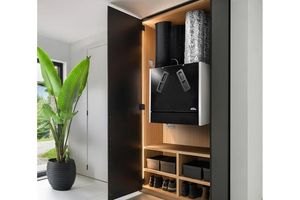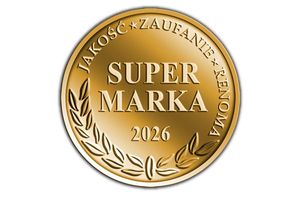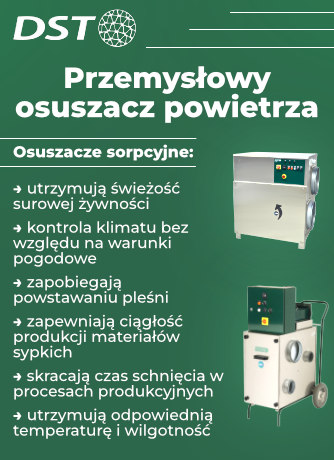Model LCCP dla chłodnictwa i klimatyzacji
A Life Cycle Climate Performance model to be developed for refrigeration and air conditioning.

The Air-Conditioning, Heating, and Refrigeration Technology Institute (AHRTI) has launched a project to develop a standardized methodology to calculate the LCCP, or carbon footprint, of refrigeration or air conditioning systems.(Note)
A similar model, the GREEN-MAC-LCCP was recently developed for MAC (Mobile Air Conditioning), assessing the lifecycle energy and greenhouse gas (GHG) emissions associated with the production, use and disposal of various refrigerants in mobile air conditioning (MAC).
Currently, there is no standardized methodology for evaluating the LCCP of stationary Refrigeration & Air Conditioning equipment and AHRTI wants to develop a similar tool for the product classes or applications of interest.
The standardized methodology in view will be as generic as possible, in order to be able to eventually produce LCCP data on:
- different classes of equipment (such as residential air conditioning, commercial air conditioning, residential heating, etc.);
- different refrigerants: HFCs such as R-410A, CO2, hydrocarbons and very-low GWP refrigerants such as HFO-1234yf;
- different systems layouts and types (for example split or packaged, central or distributed, etc);
- various cooling capacities and energy efficiency ratings;
- various climate regions.
A multi-phase project, the research will address one class of equipment in each phase.
For the first phase, the scope of the 6-months research project is limited to residential heat pumps.
Note on LCCP
Over the lifetime of a refrigeration or air conditioning system, its direct climate impact results from refrigerant emissions during the manufacturing, installation, servicing and disposal at the end of the equipment’s useful life.
Over the same period, its indirect climate impact results from the associated energy consumption to manufacture the equipment, to ship it, to provide the input power for it to operate and to dispose of it at the end of its life.
To fully cover the total global warming impact of refrigeration or air conditioning equipment, both direct and indirect effects have to be considered. Life Cycle Climate Performance (LCCP) is a concept that identifies all the warming impacts due to the use of a certain product through its lifetime, including both the direct effect of refrigerants and possible blowing agent emissions from the product and the indirect effect of carbon dioxide emissions related to the energy consumption of the product.










